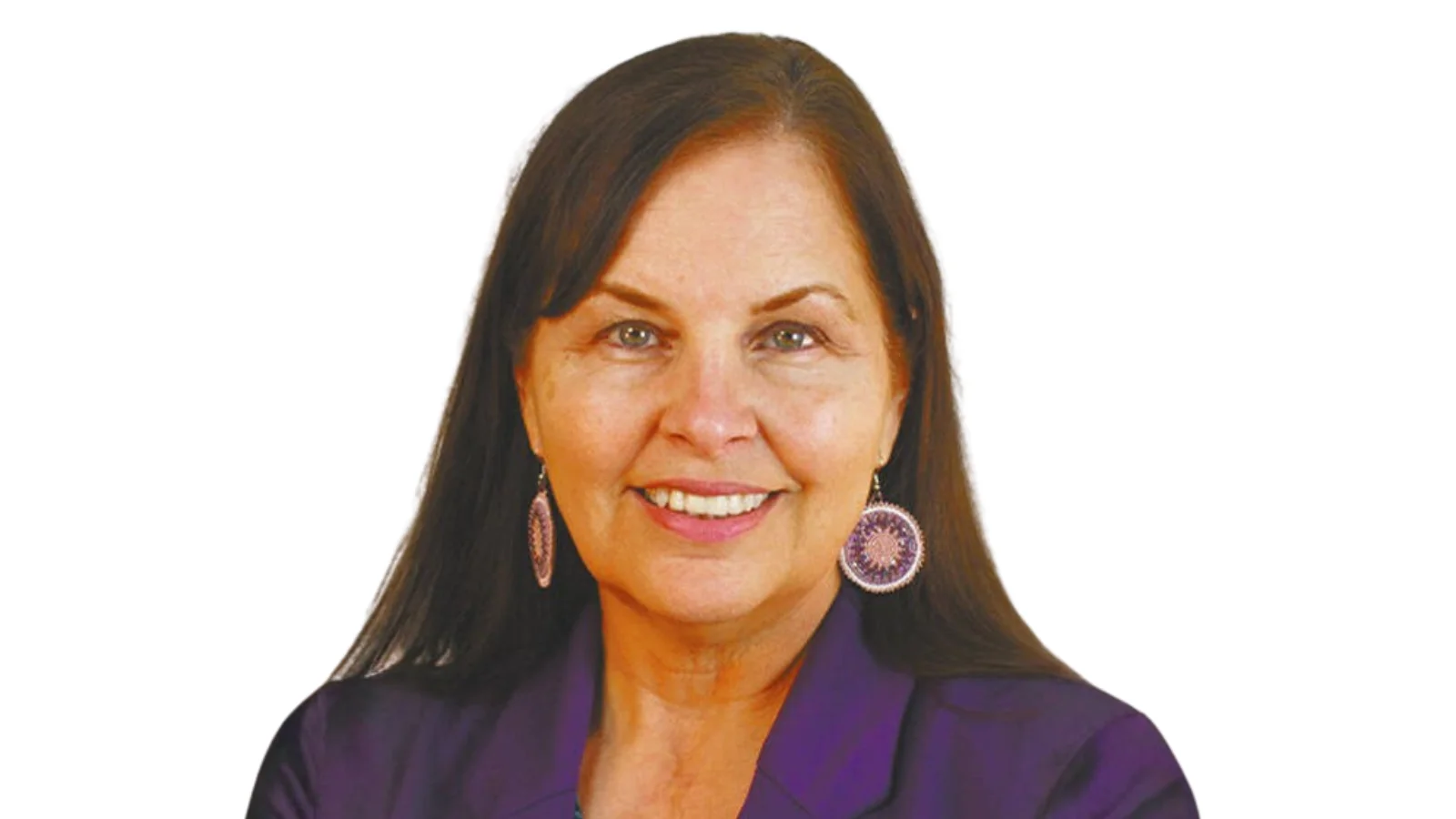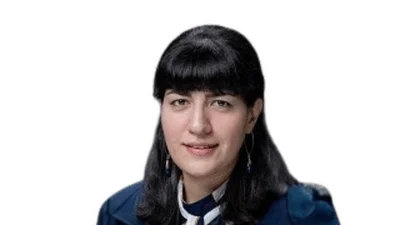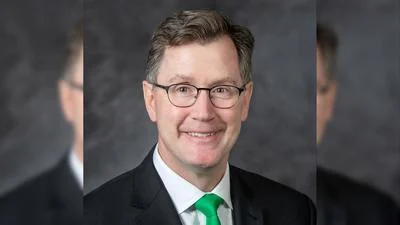Cynthia Lindquist, director of Tribal Initiatives & Collaboration | University of North Dakota
Cynthia Lindquist, director of Tribal Initiatives & Collaboration | University of North Dakota
The University of North Dakota (UND) has made Indigenous Studies a central part of its mission, according to members of the university community. This commitment is reflected in UND’s LEADS Strategic Plan, which highlights the importance of building cooperative relationships with Indigenous nations and working toward restorative justice.
Cynthia Lindquist, director of Tribal Initiatives & Collaboration at UND and former tribal college president, explained that her role focuses on fostering “collaborative, mutual and trusting relationships with regional Tribal nations.” She emphasized the importance of early engagement and respectful dialogue when developing partnerships. “Finding common ground as to how we are related and how or where we can work together is foundational in establishing alliances and collaboration,” Lindquist said.
Makaila Martin, an Indigenous student pursuing a doctorate in Physical Therapy at UND, described her goal as improving healthcare accessibility for Indigenous populations. “I carry the responsibility and honor to represent the communities I come from,” Martin said. She added that her experience at UND has been shaped by strong support systems such as the INMED program and the Indigenous Student Center. “In our culture, there is high value in community support, so finding an environment that cultivates a family-like atmosphere has been essential for my success," she said.
Martin also spoke about being a role model for future Indigenous students: “Coming from a rural community with many barriers, I know that the path to higher education is challenging, especially because so many navigate this process alone and with little guidance and confidence.” She noted that even with institutional support, she faced moments of culture shock during her first year at Grand Forks. Martin encouraged continued relationship-building across communities to inspire future generations.
Jeremy Kingsbury, teaching assistant professor of History & American Indian Studies at UND, highlighted efforts to revitalize Indigenous languages on campus. He began hosting an Ojibwe Language table at the Indigenous Student Center two years ago. “When we gather every Thursday at 6:30 p.m., we focus on one or two different ways of conjugating verbs, then practice conversational speaking (via pre-scripted dialogues) using the new words or themes of the night,” Kingsbury said.
Kingsbury noted that this initiative marks the first time Ojibwe language classes have been offered at UND in more than a decade. The initial class attracted over a dozen students from diverse backgrounds. “Ojibwe is an endangered language,” he said. “This means every time a student or community member at UND learns a new phrase, speaks at Ojibwe class or attends the language table, it helps to make sure that Ojibwemowin does not go extinct.”
Kingsbury plans to offer Ojibwe 1 again in Fall 2026 and encourages participation: “Mii Gwech igo! Apegish waabaminan iwidi Ojibwemowin Adoopiwin miinawaa Agindaasowin! Or in English, thanks! I hope to see you at the Ojibwe Language table or class!”
The university continues to expand its outreach programs and academic offerings focused on Indigenous issues as part of its broader strategy to become a leading institution for Indigenous Studies.



 Alerts Sign-up
Alerts Sign-up